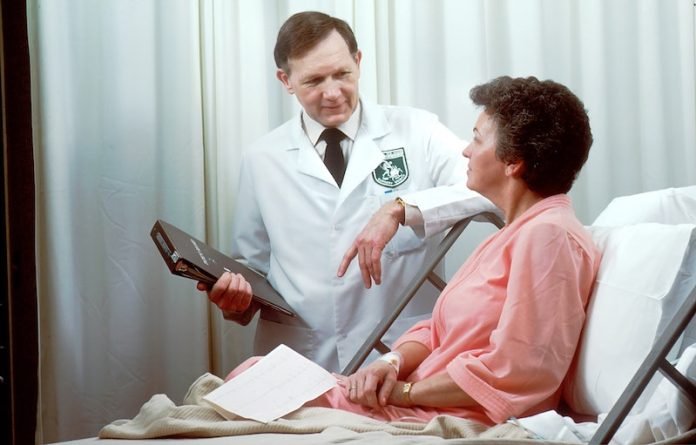
Midazolam injection is used to produce sleepiness or drowsiness and relieve anxiety before surgery.
When midazolam is used before surgery, the patient will not remember some of the details of the procedure.
In a study from the University of Colorado Anschutz Medical Campus, scientists found the common drug midazolam is associated with an increased risk of heart damage when operations are performed at night.
The findings are further evidence that the time of day a drug is given can affect how well it works.
In the study, researchers performed a large dataset analysis.
They used the vast Multicenter Perioperative Outcomes Group to analyze 1,773,118 cases in which the sedative midazolam was given to 951,345 subjects.
Of those, 16,404 met the criteria for myocardial injury.
Although there was no association between giving the drug and the risk of heart damage in the study population as a whole, researchers discovered that the time the drug was given was important.
The team found that using midazolam is associated with an increased risk of heart injury in non-cardiac surgery when surgeries occurred at night and in healthier patients.
This is important because these findings could have tremendous implications for patient mortality.
The reasons are unclear but may lie within the PER2 gene, a light-regulated protein that helps protect the heart from injury.
In mouse studies, researchers found a link between midazolam, circadian protein expression, and heart ischemia.
That suggests midazolam interferes with the circadian system in humans.
The drug increases the neurotransmitter GABA which inhibits certain brain signals to produce a calming effect. That in turn can lessen the expression of higher nighttime levels of PER2.
As the levels decrease, the heart may become more susceptible to injury when the midazolam is given at night rather than during the day.
The team believes new drugs should be tested for the best time of day to be used. Blood pressure drugs, for example, tend to work best at night.
If you care about heart health, please read studies about the best time to take vitamins to prevent heart disease, and calcium supplements could harm your heart health.
For more information about nutrition, please see recent studies that blackcurrants can reduce blood sugar after meals and results showing how drinking milk affects the risks of heart disease and cancer.
The study was conducted by Tobias Eckle et al and published in Frontiers of Cardiovascular Medicine.
Copyright © 2022 Knowridge Science Report. All rights reserved.



